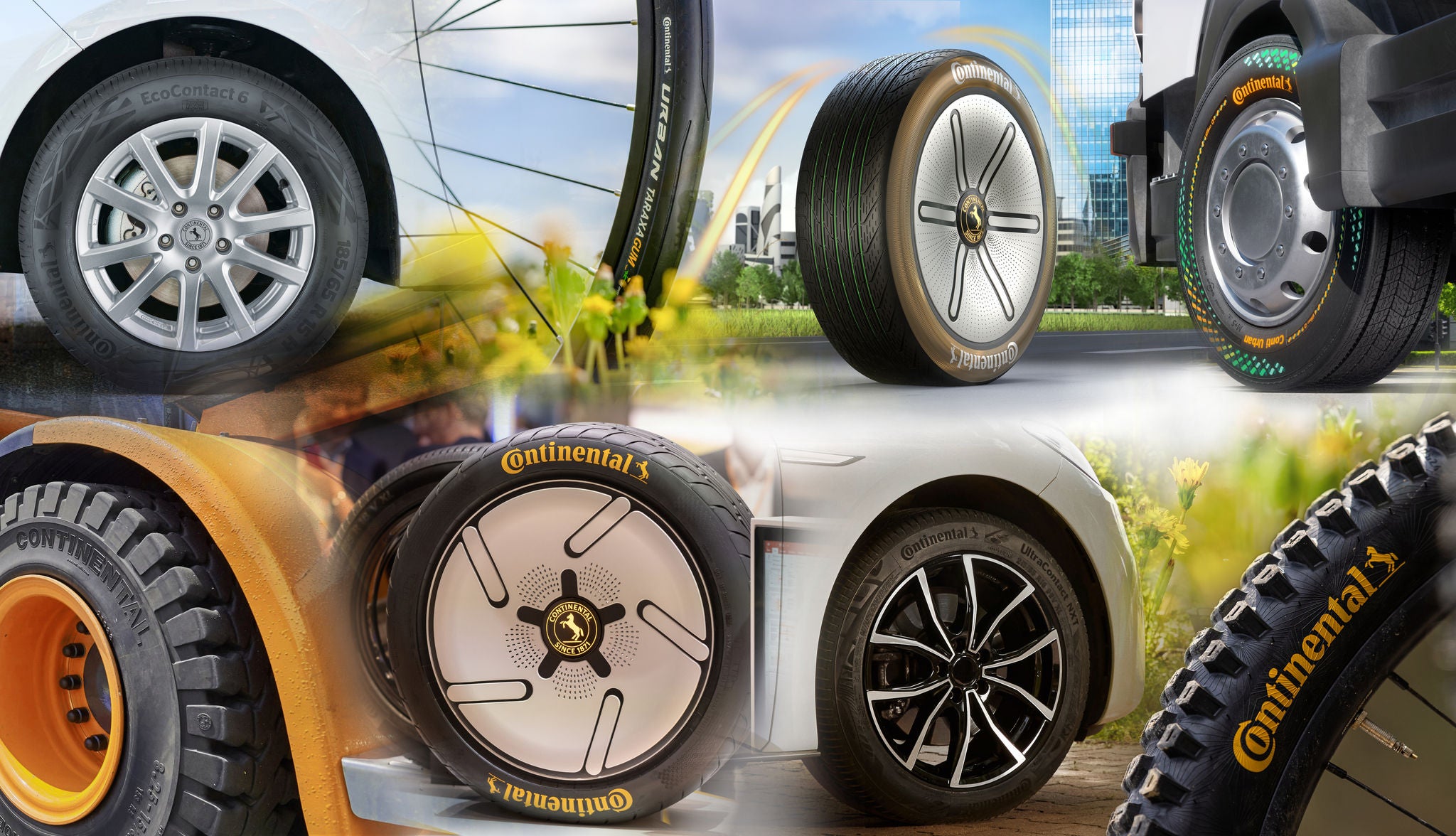
# Stories
Every drop counts
How Continental is rethinking water use in tire production
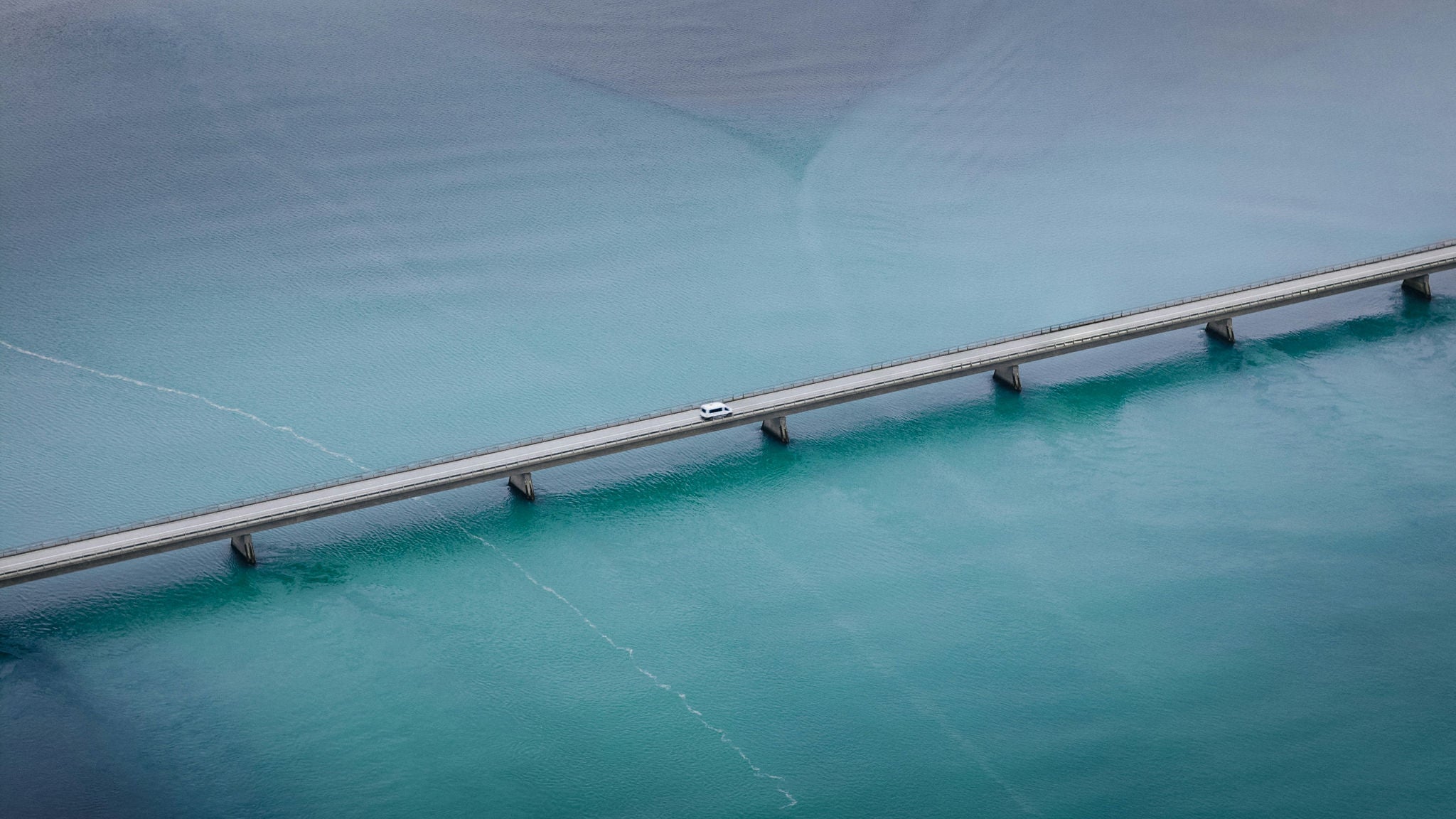
Water is the foundation of life but it’s also becoming one of our planet’s most threatened resources
From drinking water and agriculture to energy generation and industrial production, nearly every aspect of our society depends on access to clean, reliable freshwater. Yet according to the United Nations, over two billion people live in countries experiencing high water stress, and that number is growing .
By 2030, global demand for freshwater could outpace supply by 40%. Climate change, pollution, population growth, and over-extraction are placing unprecedented pressure on rivers, lakes, and underground aquifers. For businesses and industries, this means one thing: sustainable water use is no longer optional — it’s essential.
In the tire industry, water plays a vital role — from cooling machinery and generating steam to washing and processing. At Continental Tires, this reality has shaped a long-standing commitment to using water more responsibly. And it’s a commitment that’s delivering real results.
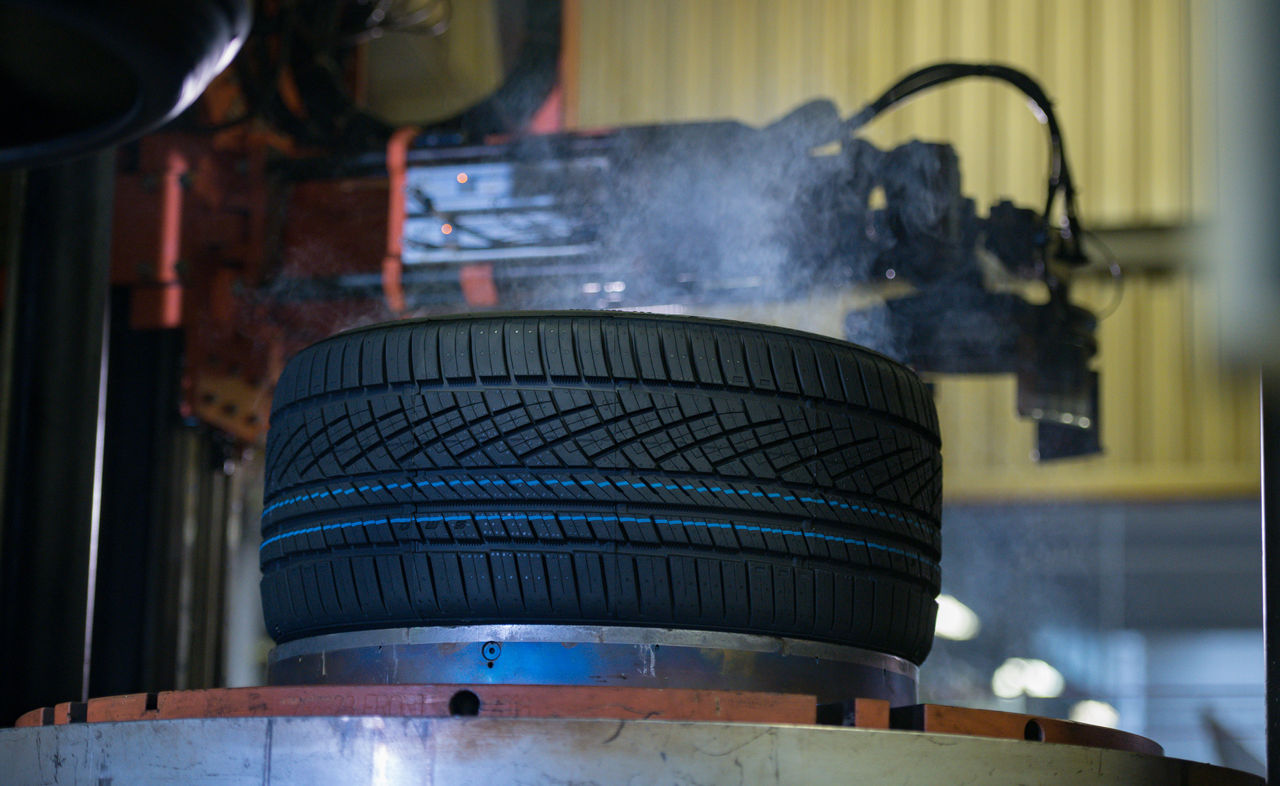
From efficiency to innovation: saving water at every step
At Continental, sustainability isn’t just a commitment — it’s a system. Through a combination of advanced technologies and smart resource planning, the company has significantly lowered its water consumption.
One of the key achievements: a 10% reduction in water withdrawal per ton of product since 2020. This translates to nearly 200 million liters saved across all manufacturing plants.
The secret? A blend of membrane filtration, reverse osmosis, and intelligent reuse systems that now allow Continental to recycle around 90% of its process water. Systems have also been upgraded to track water flow in real time, triggering alerts when levels exceed thresholds — minimizing waste and optimizing usage.
Achievements since 2020

Built for impact: local and global results
Whether it’s switching from water-based to air-based cooling, or collecting rainwater and reusing steam, Continental’s production sites are engineered for water efficiency. In regions with increased water risk, the company is intensifying its efforts — with the ambition to continually reduce its environmental impact, particularly in the areas of water use, energy, and waste recovery.
Continental also empowers its teams to be part of the solution. Internal initiatives like the Sustainable Water Initiative in Manufacturing (SWIM) raise awareness among employees and share practical tips for reducing everyday consumption.
Our monitoring system tracks water flows at various inlet and outlet points. If we detect an anomaly, the system triggers an alert immediately.
Henning Mühlenstedt, Head of Future Technologies and Sustainable Infrastructure
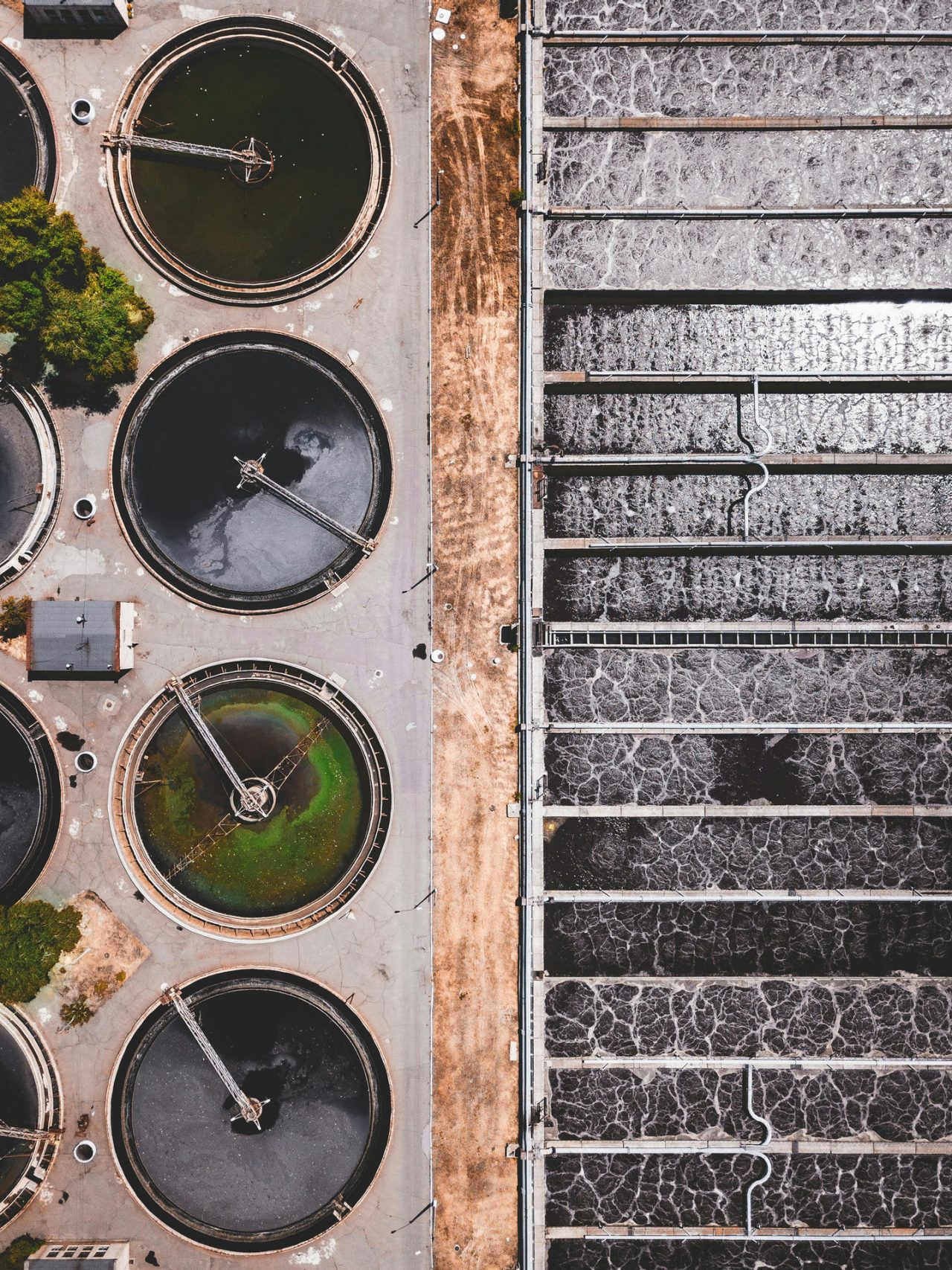
Global recognition, local action
Continental’s efforts aren’t going unnoticed. For the seventh year in a row, the non-profit CDP (Carbon Disclosure Project) has recognized the company’s environmental leadership — giving it an A- rating for climate change mitigation and a B rating for water management. These marks of progress confirm that real, measurable improvements are happening across the business..
Looking ahead: Continental’s ambition
By 2030, it is Continental’s ambition to continually reduce its environmental impact in the areas of energy, water, and waste recovery. This long-term vision is supported by practical steps, scalable technologies, and ongoing investment in sustainable infrastructure.
In the world of tire production, every drop really does count.
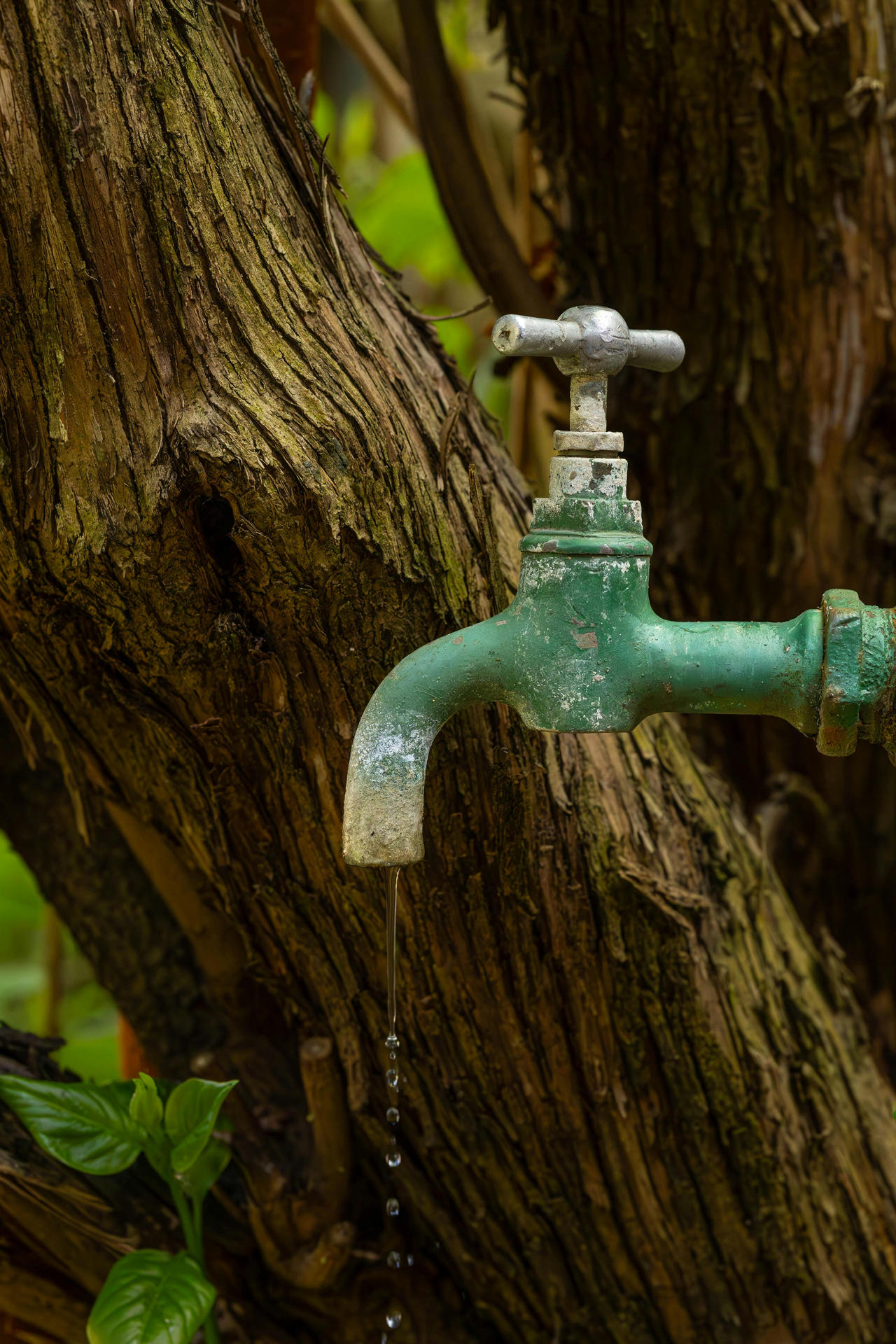
We monitor our water use systematically and holistically, while consistently using the latest technologies to reduce, reuse and recycle.
Dr. Bernhard Trilken, Head of Manufacturing and Logistics, Continental Tires

